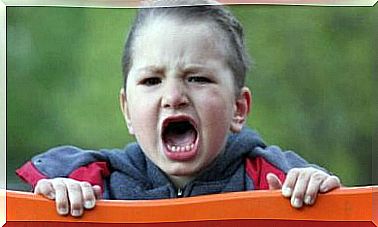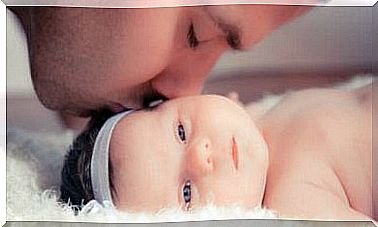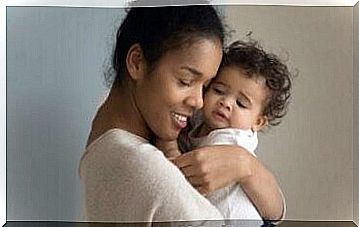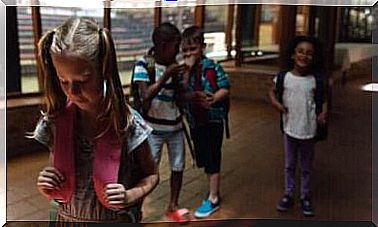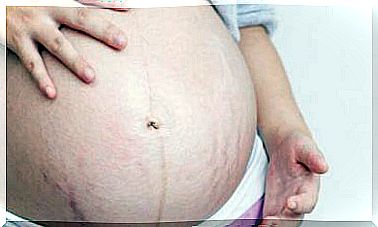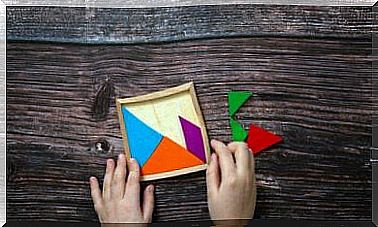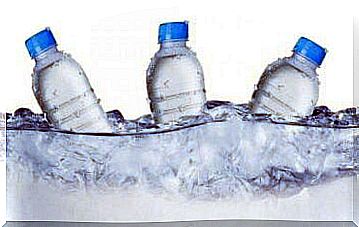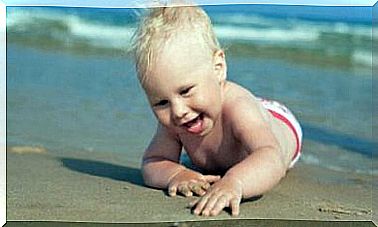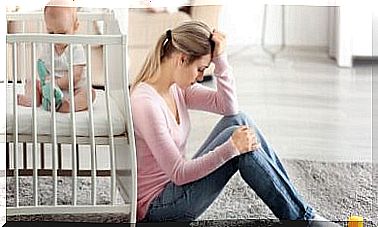Being A Father Can Change Your Brain – Being Parents
Having a child changes our lives, renews our hopes, intensifies our dreams and tenfold our capacity to love, to surpass ourselves and to be tender. However, did you know that having a baby changes fathers’ brains in amazing ways ?
If there is one thing we are used to reading and hearing, it is that having a child changes a woman’s life. First during pregnancy, with this explosion of hormones, the physical change and this early connection that generates the growth of this little being within us.
Likewise, during the period of breastfeeding – or with the bottle – the bond between mother and child is built while the brain, influenced by this wonderful flow of oxytocins, further intensifies the union between the of them.
However, what about daddy? is he on the fringes of all these events, all this magic?
Never. Now is the time to include fathers in education, with an emphasis on deconstructing some of the ideas that “they are just there to help”, “they are limited”. A father not only helps, he is present and has a considerable vital and emotional dimension for the baby. What is more, he too is experiencing certain changes in his brain that are useful to know about …
The closer fathers are to baby, the better
The dad must be at the mother’s side and must also take advantage of these moments, skin to skin, of these moments of nap with the baby, of the baths where he makes his child laugh out loud …
In fact, this important need for closeness is fundamental to strengthening the bond with babies. According to a study published in “ Hormones and Behavior ”, the more time they spend with their marriage and with their children, the more oxytocin the fathers’ brains release. Moreover, they even only need to see a picture of their children for this reaction to happen instantly.
Indeed, the dad secretes oxytocin like the mom
As we already know, oxytocin plays a fundamental role in motherhood. It stimulates lactation and increases the need for tenderness, gentleness and attention of mothers towards their children. This is something that we have already read and heard a lot.
However, let us remember this information: alongside their babies, fathers secrete as much oxytocin as mothers.
Isn’t that wonderful?
The dad protects the baby and also perceives his emotions, his needs
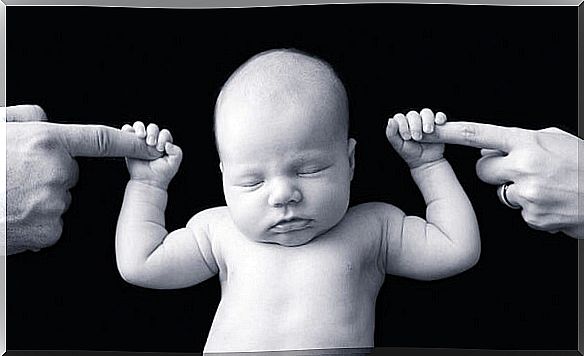
If there is anything that we are already observing, it is the increasingly frequent habit of men to be “stay-at-home fathers”, to choose to stay at home to take care of their children. .
Likewise, it is obvious that more and more dads share the same tasks and responsibilities as mothers. There are also many who choose to be a single parent to adopt.
- There are many different types of fathers we know, but now it is clear that they have the same ability to love, nurture, and bond with children powerfully and lovingly as mothers do.
- Given these new roles, scientists have defined this as an evolution of fatherhood. It is an adaptation of the species following a series of changes in the brains of fathers in order to be able to educate their children effectively.
- Research from the Gonda Brain Science Center at Bar-Ilan University, Israel, has shown a more significant level of activity in the upper temporal sulcus of the brain. This implies, for example, that men show more aptitudes to experience emotions, to identify the needs of children, to understand their emotions and this sometimes complex inner world where mothers, not so long ago, were considered to be. the specialists.
6% of fathers may experience depression after the baby is born
Postpartum depression is not just a woman’s business. Men do not bear the child, they do not give birth, but they also experience a drop in dopamines when they feel isolated or excluded from the task of education.
If they don’t feel useful, if they don’t experience this closeness and contact with their baby, they may very well develop depression. It is crucial to take this into consideration to remember “that they are not there to help, they are integrated, they also rock, they feed, they love, they raise and take care of their children”.
Let us take this into account and fully and together enjoy this wonderful act of having a child.
